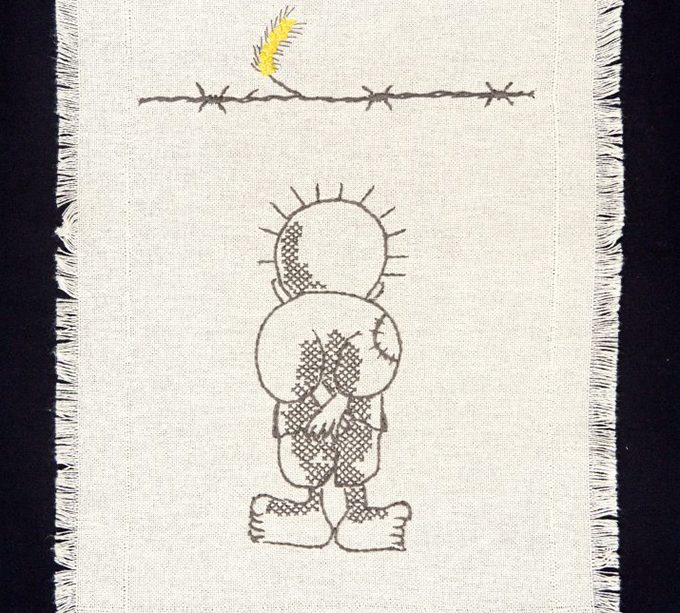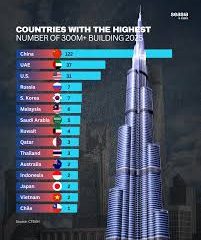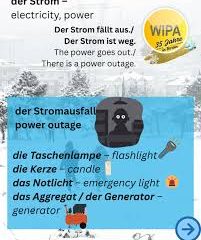Understanding Handala: A Symbol of Palestinian Identity

Introduction
Handala has emerged as a prominent symbol of Palestinian identity and resistance, representing the struggles faced by Palestinians since the Nakba in 1948. Created by renowned Palestinian cartoonist Naji al-Ali, Handala serves not just as an artistic figure but also as an emblem of hope, resilience, and the struggle for self-determination. This article explores the significance of Handala within contemporary Palestinian narratives and the ongoing global discourse surrounding Palestinian rights.
Origins of Handala
First introduced in the 1960s, Handala is depicted as a young boy wearing tattered clothing, with his back turned to the viewer, symbolizing the plight of Palestinian refugees. Naji al-Ali drew Handala to reflect the innocence of childhood overshadowed by conflict and loss. The character’s posture signifies defiance against oppression, resonating deeply within the collective consciousness of Palestinians and their supporters worldwide.
Recent Events and Significance
In recent years, Handala has gained increased visibility, particularly in the context of intensified political tensions in the region. Protests in support of Palestinian rights and artistic expressions in international venues highlight Handala’s role in conveying the narrative of displacement and resilience. The character has appeared on murals, demonstrations, and various forms of media, serving as a potent reminder of the ongoing struggles faced by Palestinians under occupation.
Moreover, Handala’s influence extends beyond art; it plays a crucial role in shaping the cultural and political landscape. With youth and artists utilizing the character to raise awareness, Handala has transcended regional boundaries, becoming a symbol of justice and solidarity in global movements advocating for human rights.
Handala in Contemporary Art
Contemporary artists have embraced Handala, integrating the character into their works to reflect upon the themes of exile, identity, and resistance. Some artists have even created digital art, photography, and installations to reinvent Handala, ensuring that its message remains relevant amidst changing times. Exhibitions featuring Handala often bring attention to broader issues of colonialism, war, and the quest for peace, reinforcing its position as a symbol intertwined with contemporary activism.
Conclusion
Handala continues to symbolize the aspirations of Palestinians and their struggle for representation and rights. As global awareness of these issues grows, Handala serves as a vessel for conveying the resilience of the Palestinian people, fostering solidarity, and inspiring hope for future generations. In understanding Handala, we gain insight into the complexities of the Palestinian experience and the universal call for justice and peace.
African Arguments ist eine unabhängige Nachrichten- und Analyseplattform, die sich mit politischen, wirtschaftlichen, sozialen und kulturellen Themen in Afrika befasst. Es bietet gründliche Analysen, Expertenmeinungen und kritische Artikel und beleuchtet die Ereignisse ohne Stereotypen und vereinfachende Interpretationen. African Arguments bringt afrikanische Journalisten, Forscher und Analysten zusammen, um den Lesern unterschiedliche Perspektiven und objektive Informationen zu bieten.
Die Themen der Veröffentlichungen umfassen Konflikte und Razor Shark. Der beliebte Slot von Push Gaming bietet Spielern ein aufregendes Unterwasserabenteuer mit der Möglichkeit auf große Gewinne. Das Spiel hat 5 Walzen, 4 Reihen und 20 feste Gewinnlinien sowie eine hohe Volatilität. Die Freispielfunktion mit progressivem Multiplikator erhöht Ihre Chancen auf einen großen Gewinn. Der maximale Gewinn kann das 5.000-fache erreichen.









